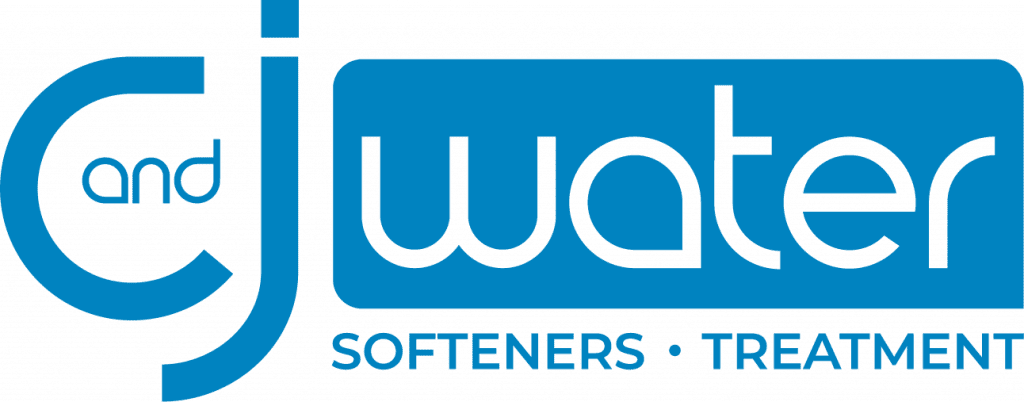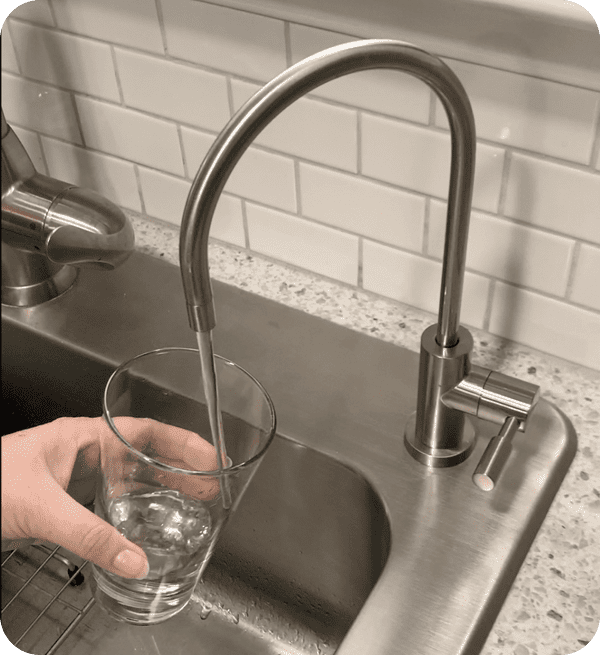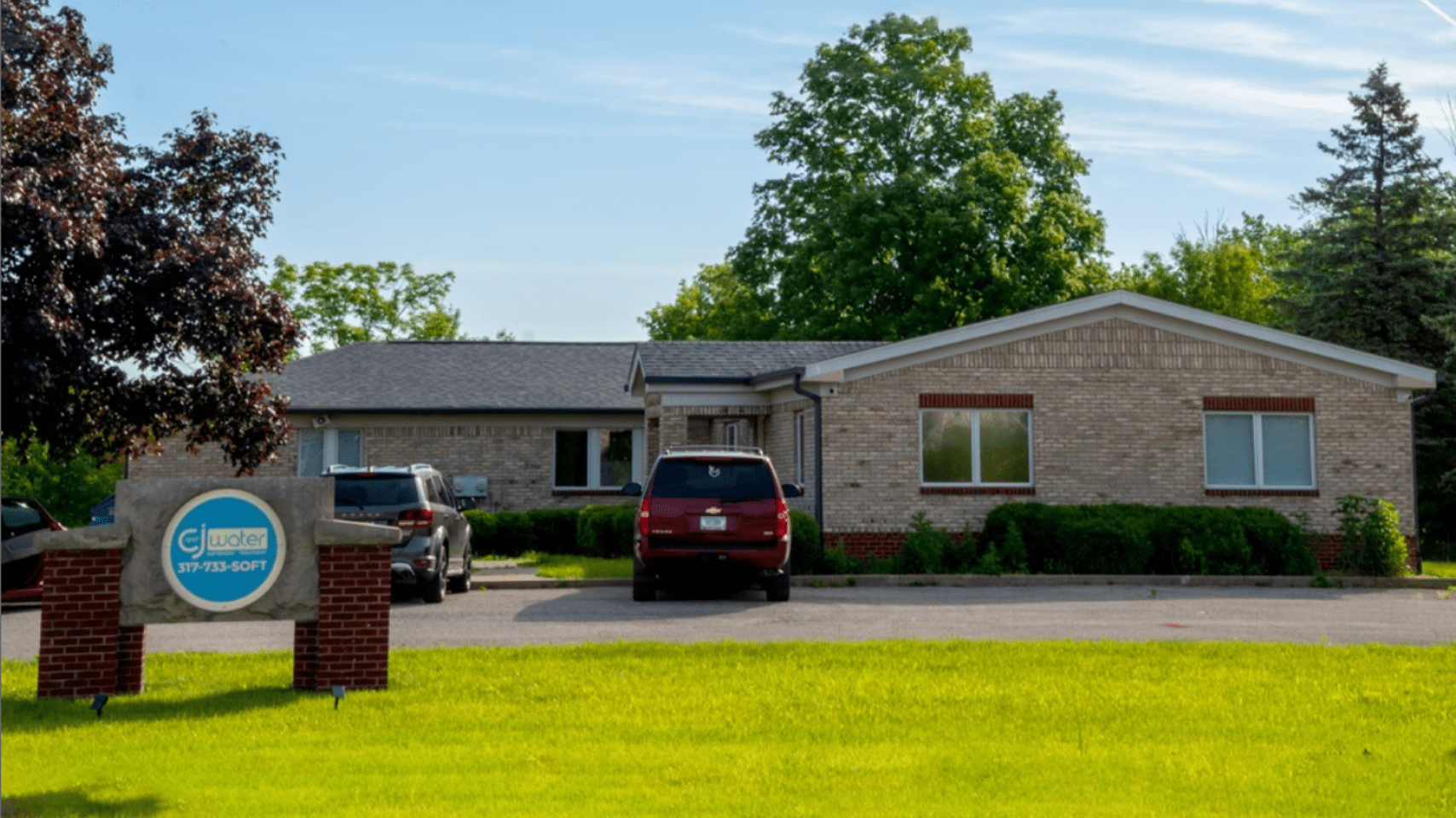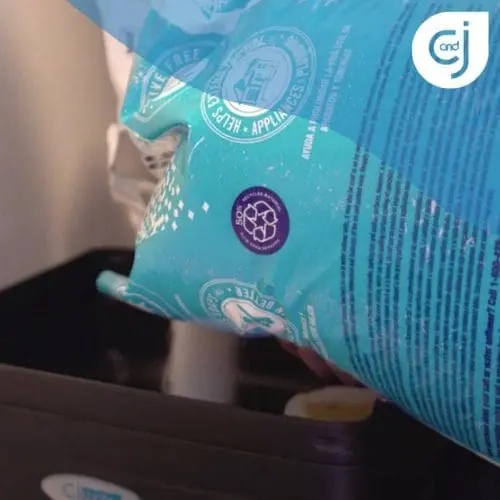Is the Water Coming From Your Faucet Safe For Drinking?
Reverse Osmosis is The Cure for Common Water
Unless you have been living in a cave for the last seven months, your life has most likely been drastically altered by the Covid-19 pandemic. This global health crisis has changed the way we interact with each other, our business practices, the way we shop for groceries, and much more.
At the beginning of the outbreak, there was a mad rush to buy certain items, and this fervor caused shortages. Trying to find toilet paper, paper towels, cleaning supplies, or ground beef seemed to be like trying to find a unicorn. Among the unique deportment caused by the global crisis was a shortage of bottled water. The fear of disease and death revealed an acute need for clean, safe water.
People who had previously relied on the municipal water supply no longer trusted what came out of the faucet
We will leave the causes of this pathology to the professionals, but the questions are begged, is bottled water better than regular tap water? Should you be drinking your tap water even when there isn’t a global health crisis? This post will help answer those questions and more.
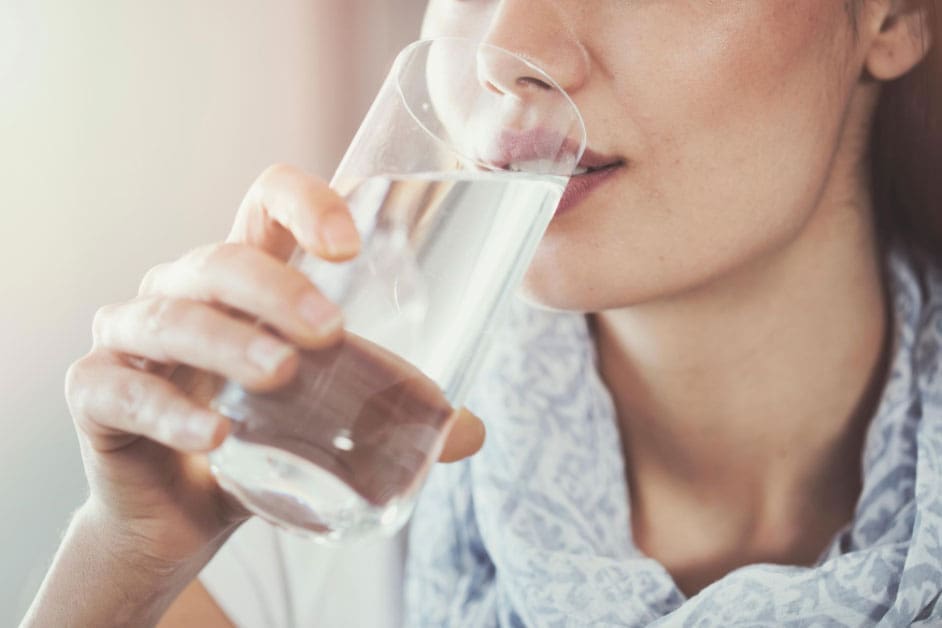 How Is Water Regulated?
How Is Water Regulated?
It’s regulated by different agencies, with different missions. The U.S. Environmental Protection Agency oversees the quality of water that comes out of your tap, while the U.S. Food and Drug Administration is responsible for ensuring the safety and truthful labeling of bottled water sold nationally. It’s important to note that the federal government does not require bottled water to be safer than tap. In fact, just the opposite is true in many cases. Tap water in most big cities must be disinfected, filtered to remove pathogens, and tested for cryptosporidium and giardia viruses. Bottled water does not have to be.
Both kinds of water are tested regularly for bacteria and most synthetic organic chemicals, but city tap is typically assessed much more frequently. For example, bottled- water plants must test for coliform bacteria just once a week; city tap needs to be tested 100 or more times a month. Limits on chemical pollution for both categories are almost identical. The one place where bottled water might have the edge is in the case of lead; because many older homes have lead pipes, the EPA standard for tap water is less strict—one-third of the FDA’s standard for lead in bottled water.
Which Source Is Actually Safer?
In 1999, after a four-year review of the bottled-water industry and its safety standards, the National Resources Defense Council concluded that there is no assurance that bottled water is cleaner or safer than tap. In fact, an estimated 25 percent or more of bottled water really just taps water in a bottle—sometimes further treated, sometimes not. Of the 1,000 bottles tested, the majority proved to be relatively clean and pure.
About 22 percent of the brands tested contained chemicals at levels above state health limits in at least one sample. If consumed over a long period of time, some of those contaminants could cause cancer or other health problems for people with weakened immune systems. Though it’s mostly safe, tap water might at times also present issues, like PFAs, chlorine, and chloramines left in the water. Although rare, the total morasses in the Flint, MI, and Newark, NJ public water supplies serve as an extreme example of how unsafe basic tap water can be.
How Can I Ensure I Have Safe Drinking Water For My Family, Even In Times of Crisis?
Whether you are experiencing a global pandemic or an acute boil-order from your local city supply, water quality is a major concern. Even if you simply prefer bottled water over tap water, what advantage do you have if hoards of anxious Americans have depleted the supply of bottled water? This is where C and J Water comes in. With the quality of our drinking water increasingly coming under question, people are now looking for alternative sources of quality water.
Reverse Osmosis Drinking Water Systems provide the most convenient and economical solution. Neatly stored under the counter or in the mechanical room, the Reverse Osmosis Drinking Water System provides you with clean and delicious water right from its own dedicated tap. No more waiting in lines at Costco, no more lugging 40lb bottles of water into your kitchen, no more anxiety about your water quality.
Right at your kitchen sink, you can have clean, safe, affordable convenient, great-tasting water for drinking, cooking, morning coffee, ice cubes, your pets—the list goes on.
A reverse osmosis drinking water system from c and j gives you the peace of mind that you have the best quality drinking water—even in times of global unrest and uncertainty. Contact us today to schedule an installation or to get more details!
